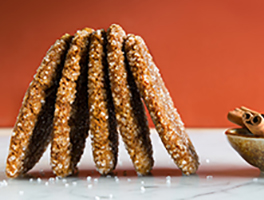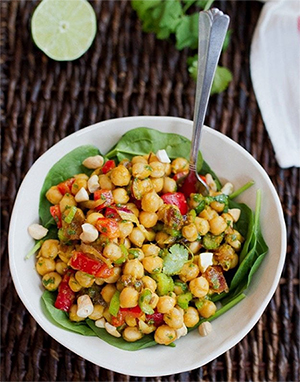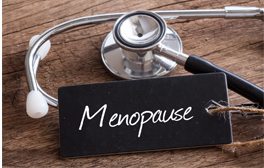
Menopause, opens new tab is one of life’s unavoidable rites of passage. You can’t go above, under or around it. You must go through it. Eating certain foods may ease common symptoms and prevent other related health conditions.
Menopause Stages
- Perimenopause: The word means “menopause transition.” Perimenopause typically starts in your 40s, and it’s marked by unpredictable monthly cycles. Your hormones may run rampant, causing hot flashes, night sweats, insomnia and heavy menstrual bleeding. You might experience “brain fog,” or changes in memory, and some weight gain.
- Menopause: If you’ve missed your period for 12 straight months and you’re between 45-55, it’s likely you’ve reached menopause. Your ovaries no longer release eggs, and for the next year or so, your estrogen levels will continue dropping. While this lowers your risk for certain types of cancer, it also increases your risk for bone loss (think: osteoporosis), a lower sex drive, drier and more wrinkle-prone skin, and tooth loss and gum disease.
- Postmenopause: You might be relieved to know that in the postmenopausal years, the hot flashes and night sweats go away and your energy returns. However, the risk for developing osteoporosis, heart disease and other serious health conditions remains high. Having an annual wellness checkup is as important as ever.
Comfort Foods
In the meantime, certain foods may ease the discomfort of many common menopause-related symptoms and health risks.
-
Fragile bones. During menopause, and especially after, your risk for developing osteoporosis increases significantly. Upping your intake of calcium (1200 mg daily) and vitamin D (at least 800 units daily), whether through food or supplements, can help with bone loss.
- Triggers to Avoid: Sodium, caffeine, red meat, processed foods and carbonated drinks can contribute to bone loss, so consume them in moderation.
-
Hot flashes/night sweats. A recent study found that women who eat a Mediterranean-style diet are about 20% less likely to report hot flashes and night sweats. The high-fiber diet calls for eating lots of fruits, veggies, olive oil, and whole grains (and a drinking a glass of red wine each day).
- Triggers to Avoid: Coffee, spicy foods, chocolate and alcohol can turn on the heat, especially if you indulge at night.
-
Mood swings. Nobody has mood swings like a menopausal woman. Often, they go hand-in-hand with feelings of depression, anxiety and irritability. Vitamin B- and Omega 3-rich foods like lean meat, poultry, salmon and flaxseed can help you keep an even keel. Adding more protein to your diet also may help you feel better.
- Triggers to Avoid: A sugar-filled diet can cause you to feel tired, while skipping breakfast — or missing any meals — can make you cranky.
-
Weight gain. Menopause increases your risk for heart disease. Yet, most women have to work harder than ever to maintain their weight during and after menopause. High fiber foods can help you feel full while eating less. Try to work in 25-36 grams each day.
- Triggers to Avoid: To help keep your weight where you want it, limit foods that are processed, sugar-laden, or delivered by a fast food joints. And, be aware of why you eat. Emotional eating can cause your waistband to expand.
When you have questions about menopause or another aspect of your health, opens new tab, the experts at Meritas Health Pavilion for Women, opens new tab and Meritas Health Obstetrics & Gynecology, opens new tab are here to help.
Related Articles

November 7, 2024
10000 Steps Good Enough
How many steps did you log today? It’s a popular question, and the gold standard answer is 10,000. Yet, depending on your health goals, you may need to pick up the pace.
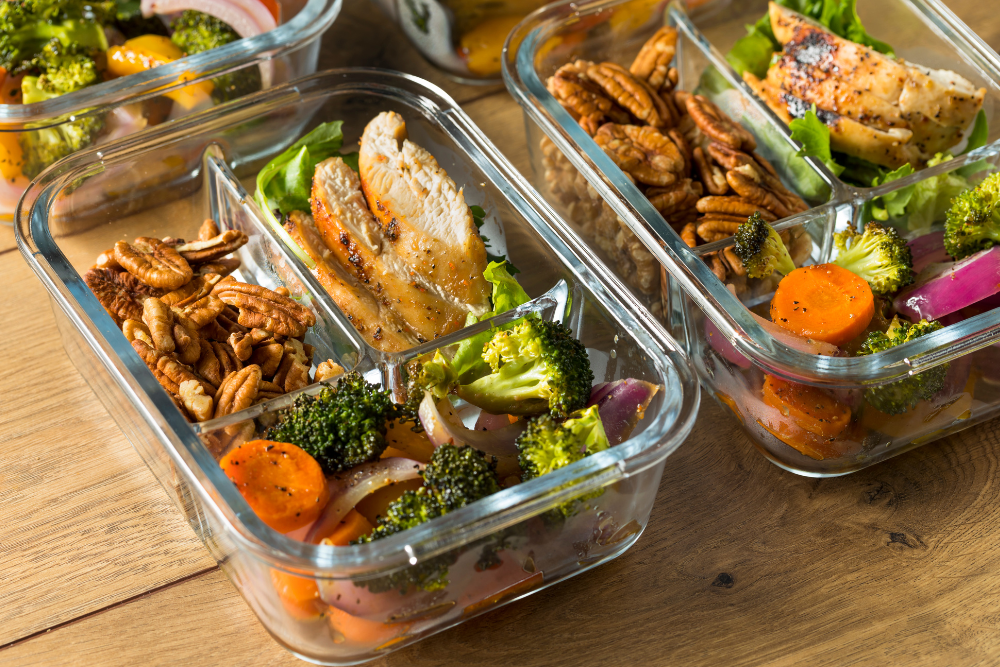
June 1, 2019
5 Day Meal Prep
Who says eating healthy has to be difficult? One of our Registered Dietitians shows us how easy it can be to prep lunches for a busy week.

June 1, 2019
5 Foods With Health Benefits
Dark ChocolateBoost your mood and your memory (think antioxidants) by savoring dark chocolate. It may also help your heart health. Just 1 oz. is all it takes...

December 9, 2019
5 Free Indulgences
Are you ready for the hubbub of the holidays? The season’s festivities are always fun, but they can also wear you down. If your holiday spirit needs rechargi...

June 1, 2019
5 Minutes to a Happier You
Feeling stressed, angry or anxious? Head to the great outdoors. A new study has found that a five-minute walk can work wonders for your mood.The more natural...
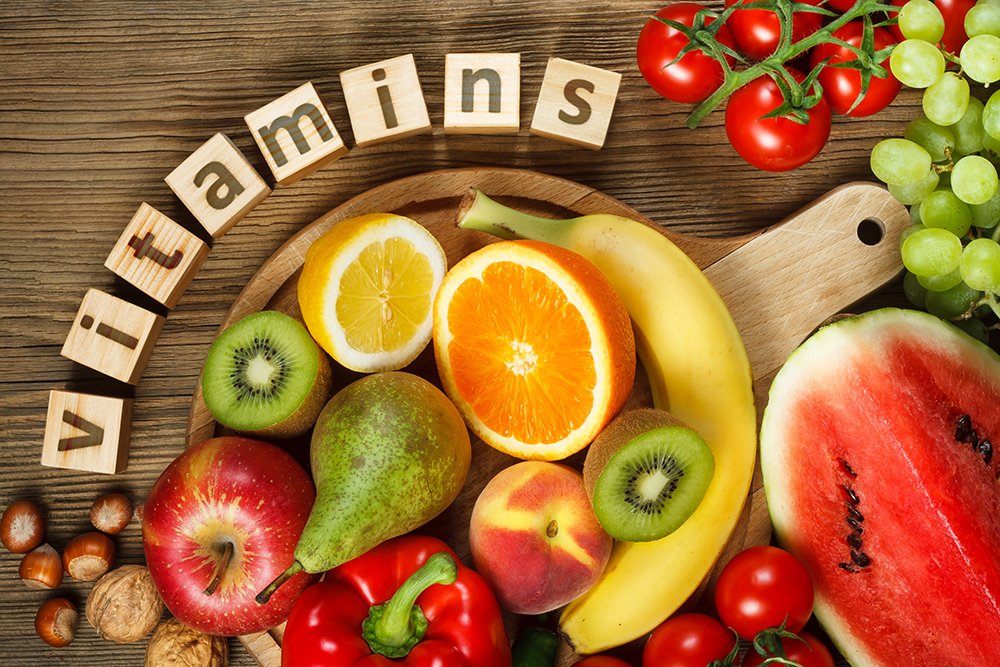
July 27, 2022
5 Must Have Nutrients
Vitamins and minerals do a body good, but who has time to figure out which foods offer what benefits? This short list of five essential nutrients, opens new ...

